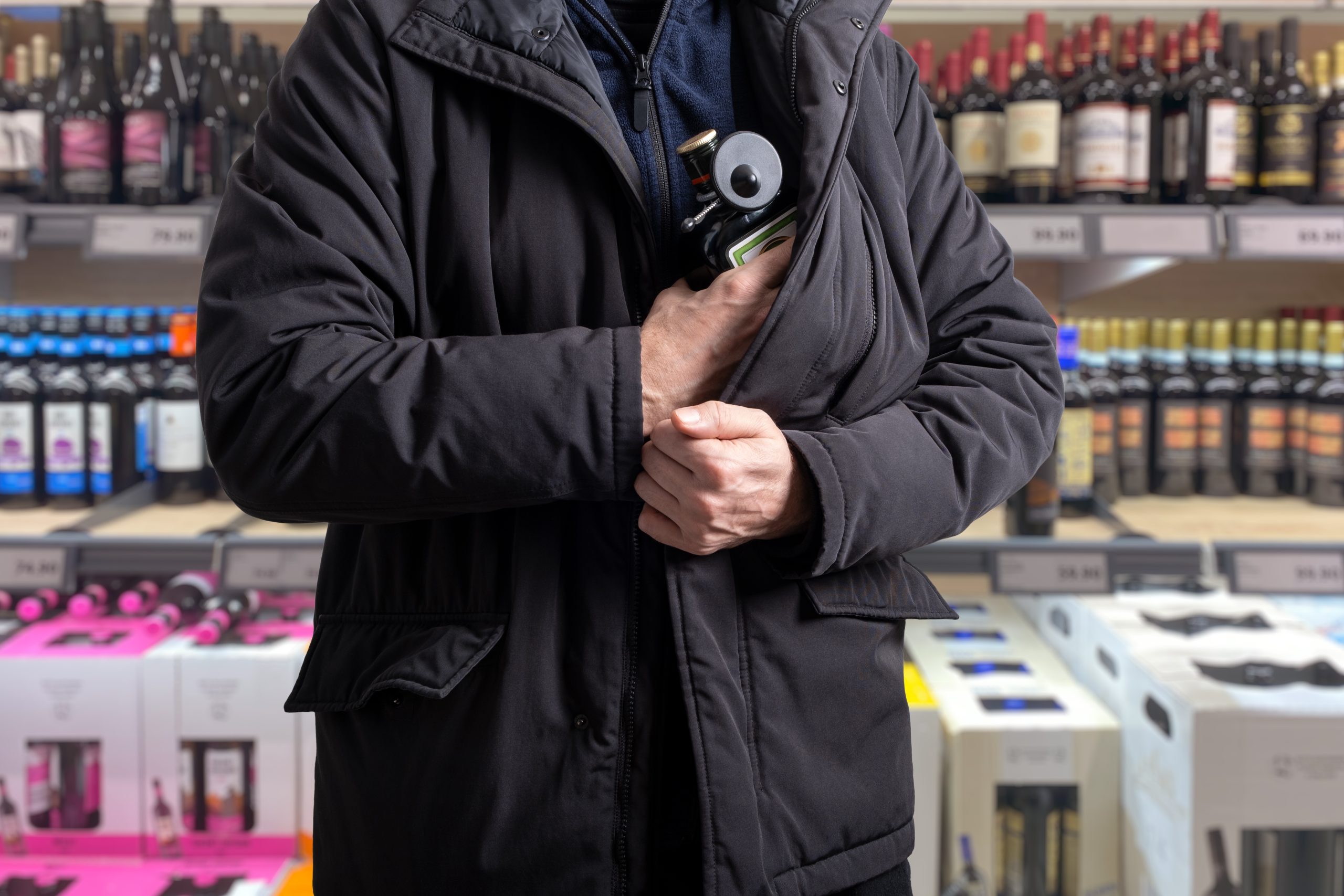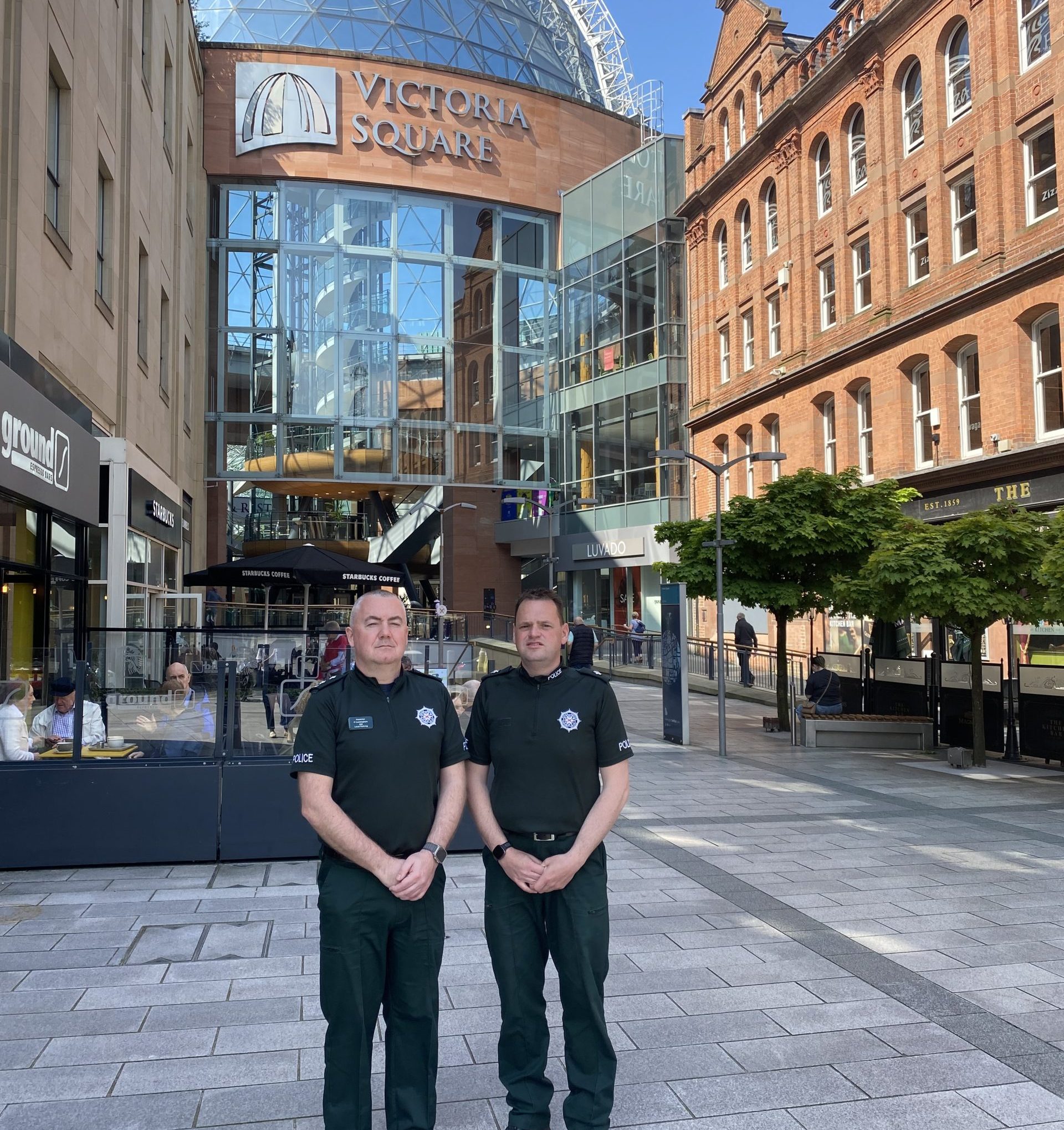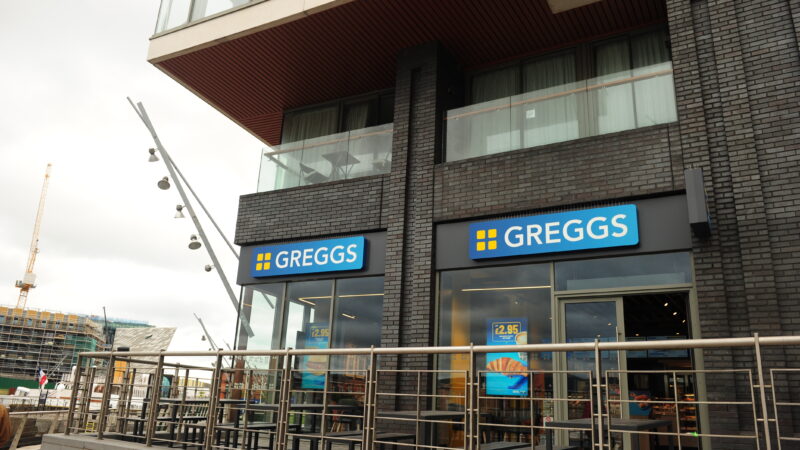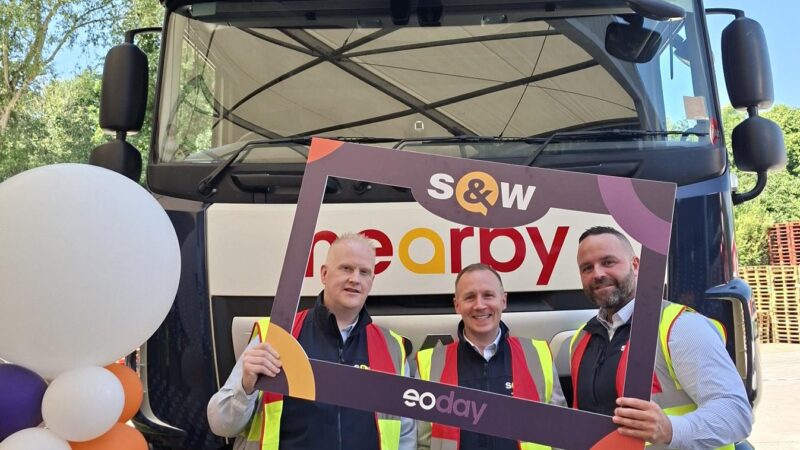‘Unacceptable’ levels of shoplifting causing serious harm to society

The term ‘shoplifting’ does not adequately cover the severity of the crime and should be phased out, an inquiry has found.
There are almost 17 million incidents of shop theft annually, with scant numbers leading to arrest, and ultimately costing the retail sector almost £2 billion last year.
The UK Justice and Home Affairs Committee conducted an inquiry into shop theft, and discovered that it is an underreported crime which is not being effectively tackled.
With devastating impacts on the retail sector and wider economy, the inquiry said that the nature of shoplifting has evolved from individualised offending to relentless, large-scale, organised operations accompanied by unprecedented levels of violence, and is now seen as a lucrative profit-making opportunity.
While the inquiry is predominately focused on GB, retailers in Northern Ireland are witnessing increasing levels of shoplifting, with a PSNI report revealing it has almost doubled since the pandemic. The latest recorded crime statistics from the PSNI shows a 13.4% uplift in shoplifting in the year to the end of June 2024.
The Lords inquiry comes ahead of Respect for Shopworkers Week, which runs from 11th to 17th November.
Looking at NI, overall theft offences were down by 2.2% according to the latest PSNI crime figures, however across the breakdown of types of theft offences, shoplifting was the only area with an increase in incidents.
In an exclusive interview with the PSNI’s Business Crime Team earlier this year, NR spoke to Business Crime Lead, Superintendent Allister Hagan and Business Crime Support Lead, Inspector Pete Cunningham, who acknowledged that while it was well publicised what the service’s challenges are, the PSNI provides a better service in the retail space than anywhere else across policing, either on these islands or in the UK.

Attending 100% of retail crime here, Superintendent Hagan said that if someone reports something, they will get a service.
“It’s not lost what some of the perception is, particularly when you’re in a geographical area that is so widely spread that your epicentre is your towns and cities,” he said,
“But the way the policing structures are set up in Northern Ireland, we have full coverage, we have neighbourhood teams in each of the areas, we have business crime leads for each of the districts. The purpose of that is the leads within your district can provide a bespoke service based on the geographical area.”
However, he said there was also a frustration amongst some officers around the lack of reporting crimes of shoplifting and retail theft.
“Looking at anecdotal evidence, it wouldn’t be uncommon for there to be a tipping point where a retailer reports for example, a theft and the officer goes out and is told ‘oh that person was in here three days ago’. So, our opportunity to prevent has changed because they were in three days ago doing the same thing, but the value was low so they let them go. The key messaging around that is that it needs to be reported, give us an opportunity to help prevent,” added Superintendent Hagan.
The Justice and Home Affairs Committee concluded in their inquiry that improved reporting systems were required to enable retailers to report crime to the police quickly and easily.
It added that public awareness campaigns are needed to target the stolen goods market, and said it supports the introduction of regulations and best practice guidance for the use of facial recognition technology by private companies.






